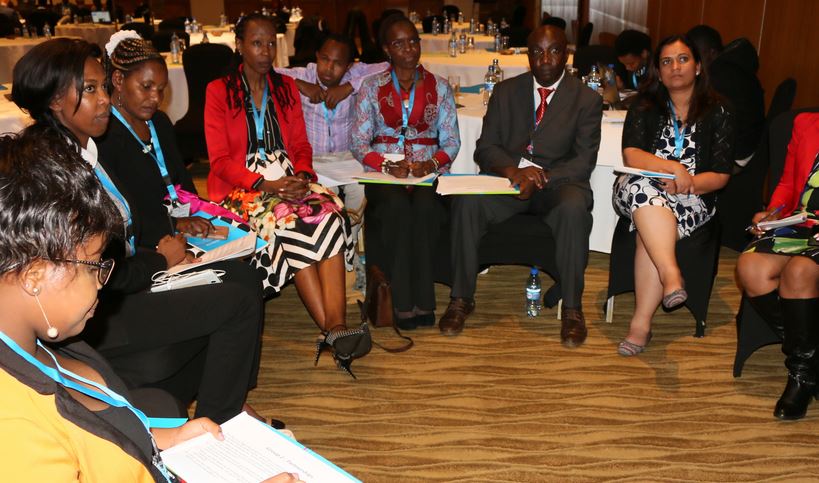×
The Standard e-Paper
Home To Bold Columnists

NAIROBI, KENYA: The Principal Secretary, State Department for Irrigation, Fred Segor has lauded efforts being spearheaded by the National Irrigation Acceleration Platform (NIAP) in advancing knowledge sharing, learning and building synergies to promote and upscale irrigation best practices amongst small scale farmers in Kenya.
He said the deliberations were important because of the State Department of Irrigation’s involvement in the preparation of the Big Four Agenda, specifically the Food and Nutrition Security pillar.